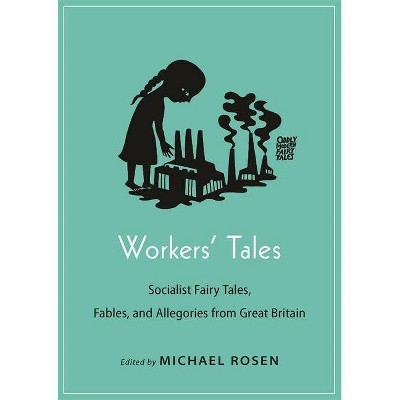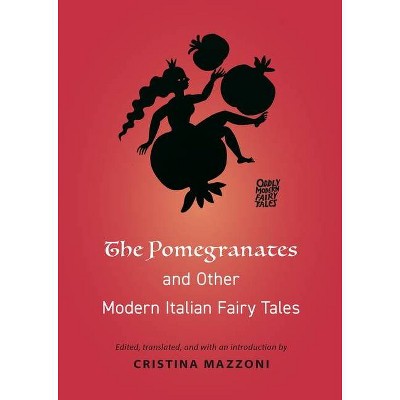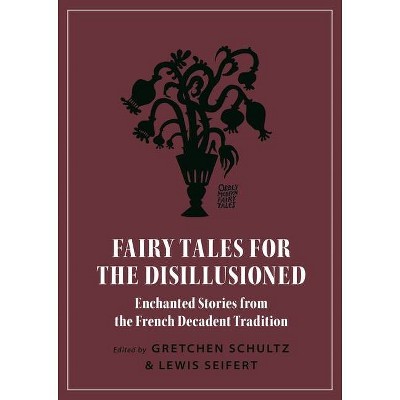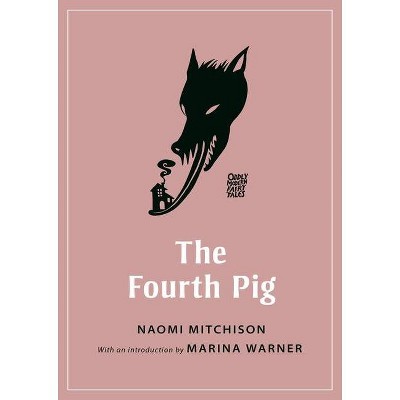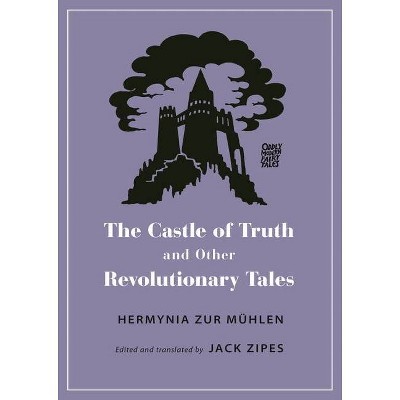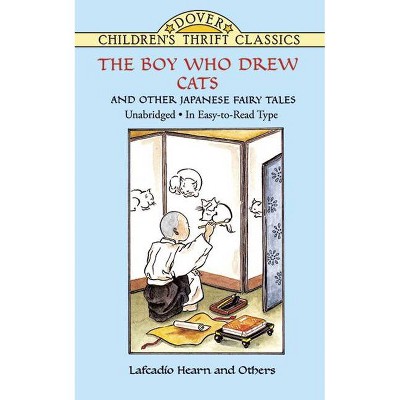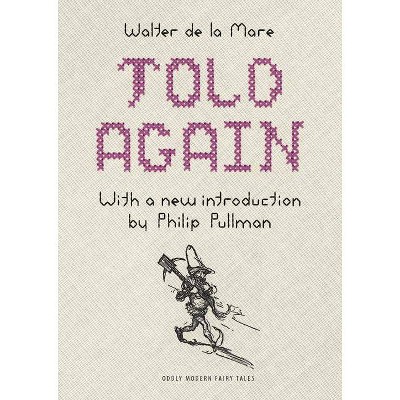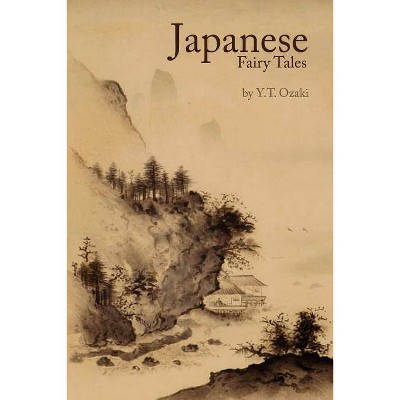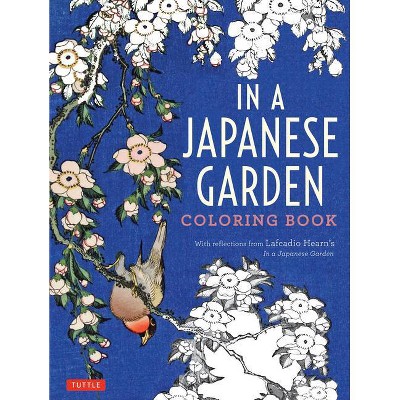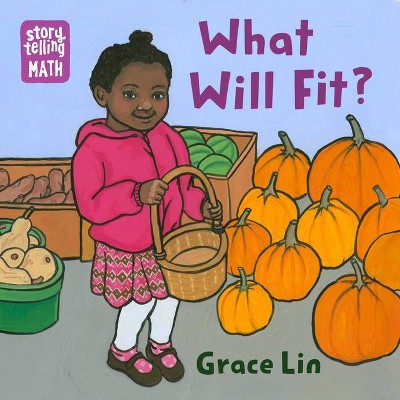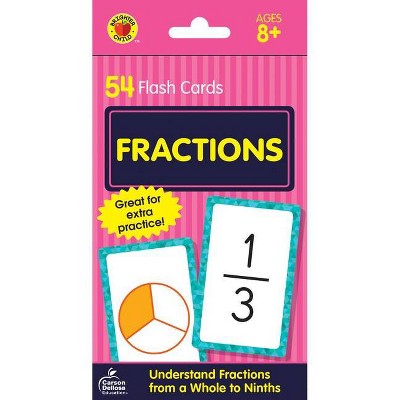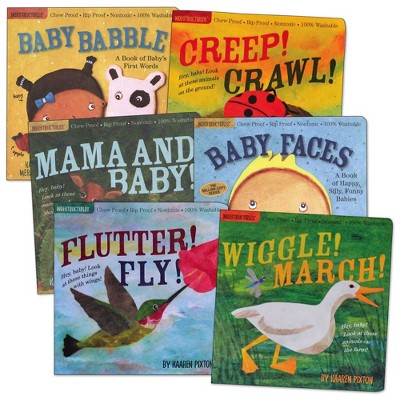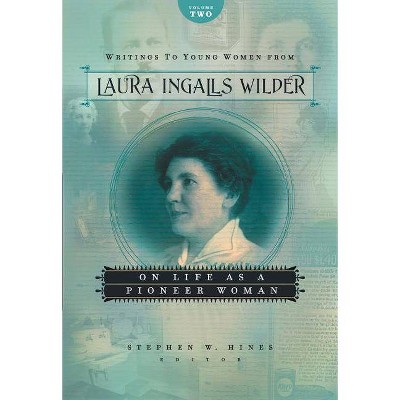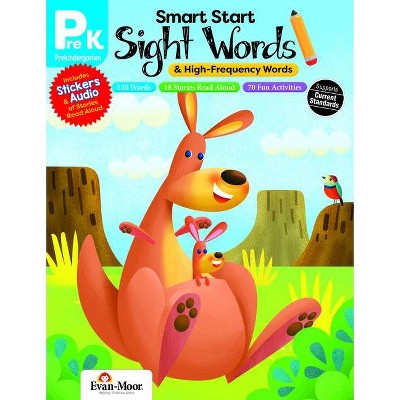Japanese Tales of Lafcadio Hearn - (Oddly Modern Fairy Tales) (Paperback)
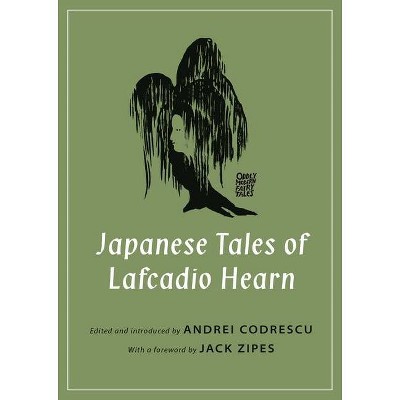
Similar Products
Products of same category from the store
AllProduct info
<p/><br></br><p><b> Book Synopsis </b></p></br></br><p><b>A collection of twenty-eight brilliant and strange stories, inspired by Japanese folk tales and written by renowned Western expatriate Lafcadio Hearn</b> <p/>Lafcadio Hearn (1850-1904) was one of the nineteenth century's best-known writers, his name celebrated alongside those of Mark Twain and Robert Louis Stevenson. Born in Greece and raised in Ireland, Hearn was a true prodigy and world traveler. He worked as a reporter in Cincinnati, New Orleans, and the West Indies before heading to Japan in 1890 on a commission from <i>Harper's</i>. There, he married a Japanese woman from a samurai family, changed his name to Koizumi Yakumo, and became a Japanese subject. An avid collector of traditional Japanese tales, legends, and myths, Hearn taught literature and wrote his own tales for both Japanese and Western audiences. <i>Japanese Tales of Lafcadio Hearn</i> brings together twenty-eight of Hearn's strangest and most entertaining stories in one elegant volume. <p/>Hearn's tales span a variety of genres. Many are fantastical ghost stories, such as "The Corpse-Rider," in which a man foils the attempts of his former wife's ghost to haunt him. Some are love stories in which the beloved is not what she appears to be: in "The Story of Aoyagi," a young samurai narrowly escapes the wrath of his lord for marrying without permission, only to discover that his wife is the spirit of a willow tree. Throughout this collection, Hearn's reverence for Japan shines through, and his stories provide insights into the country's artistic and cultural heritage. <p/>With an introduction by Andrei Codrescu discussing Hearn's life and work, as well as a foreword by Jack Zipes, <i>Japanese Tales of Lafcadio Hearn</i> provides a unique window into one writer's multicultural literary journey.</p><p/><br></br><p><b> Review Quotes </b></p></br></br><br>Fronted by an authoritative introduction by Andrei Codrescu, these Japanese tales revive, once again, a writer, traveler, and translator whose presence at the turn of the nineteenth to the twentieth centuries enrich and engage still.<b>---Alan Graubard, <i>Leonardo</i></b><br><br>Japanese Tales of Lafcadio Hearn is recommended to anyone interested in the interaction between different cultures, particularly Japan and the West at the end of the nineteenth century, and to anyone interested in a good read of 'tales of the weird' from outside a Greco-Roman context.<b>---James H. Grayson, <i>Folklore Journal</i></b><br><br>The pleasures of [Lafcadio Hearn's] work are to be found in his delightfully bizarre hybrid renditions of Japanese folklore--particularly of a genre called <i>kaidan</i>, or tales of the uncanny--old stories that he blended with elements of horror and French Romanticism, the best of which are collected in...<i>Japanese Tales of Lafcadio Hearn-</i>.<b>---Christopher Carroll, <i>New York Review of Books</i></b><br><br>[<i>Japanese Tales of Lafcadio Hearn</i>] is a uniquely transcultural kind of storytelling--something that feels familiar to Western audiences despite being wrapped in entirely different histories and cultural codes. . . . While the stories in the book are over a hundred years old, they have a lot to offer to twenty-first-century readers.<b>---Reid Bartholomew, <i>World Literature Today</i></b><br><br>The tales [in <i>Japanese Tales of Lafcadio Hearn</i>] are chronologically structured, intelligently edited, and paced in a way that is navigable to a seasoned scholar or a curious pleasure reader. The stories themselves are compelling and beautifully crafted, and Andrei Codrescu's introduction is equally enthralling. . . . Fans of Hearn's writing may find <i>Japanese Tales of Lafcadio Hearn</i> to be an ideal work. The collection contains more stories than any other compilation of his work.<b>---Jeremy Simpson, <i>Western Folklore</i></b><br><br>[A] weird--in a good way--collection of stories, gathered from oral and written sources by Hearn.<b>---Christopher Tayler, <i>Harper's Magazine</i></b><br><br>[A]n attractive production . . . [with] a wonderfully witty and informative introduction by Mr. Codrescu.<b>---Sam Sacks, <i>Wall Street Journal</i></b><br><br>[Lafcadio Hearn] devoted . . . his writing life to gathering Japanese folk tales and translating them into English. This new book contains the best of them.<b>---Susan Balée, <i>The Hudson Review</i></b><br><br>If readers want to see the range of Hearn's interest in Japanese storytelling, then Codrescu's edition amply demonstrates the range of Hearn's interest in Japanese storytelling. There are, in addition to ghost stories, tales of lost loves, feudal loyalty and the contrast between appearance and reality.<b>---John Butler, <i>Asian Review of Books</i></b><br><br>There is an excellent introduction by Codrescu . . . fascinating.<b>---Damain Flanagan, <i>Times Literary Supplement</i></b><br><br>These tales beg for tellers. A great resource.<b>---Jo Radner, <i>Storytelling Magazine</i></b><br><p/><br></br><p><b> About the Author </b></p></br></br><b>Andrei Codrescu</b> is a poet, novelist, essayist, and NPR commentator. His many books include <i>Whatever Gets You through the Night</i>, <i>The Postmodern Dada Guide</i>, and <i>The Poetry Lesson </i>(all Princeton). Twitter @acodrescu.<b> Jack Zipes</b> is the editor of <i>The Original Folk and Fairy Tales of the Brothers Grimm</i> (Princeton) and <i>The Great Fairy Tale Tradition</i> (Norton).
Price History
Cheapest price in the interval: 15.99 on October 22, 2021
Most expensive price in the interval: 15.99 on November 8, 2021
Price Archive shows prices from various stores, lets you see history and find the cheapest. There is no actual sale on the website. For all support, inquiry and suggestion messagescommunication@pricearchive.us
